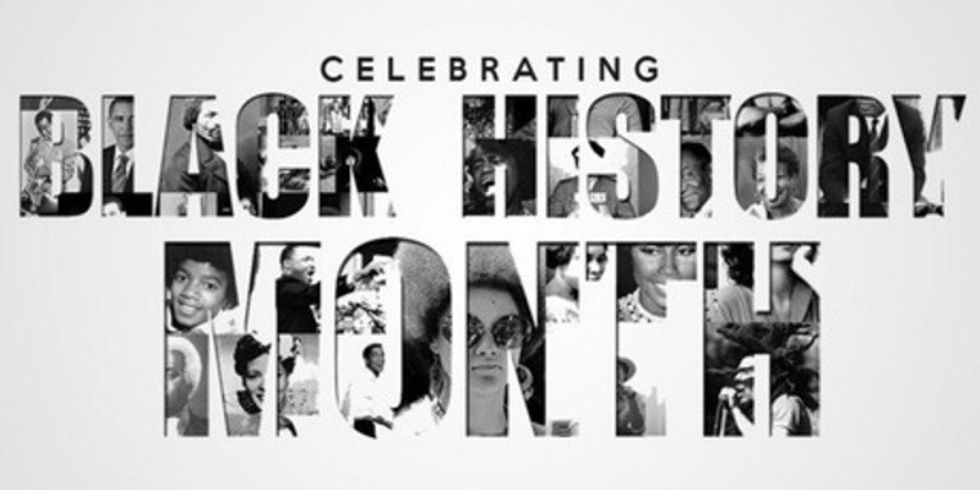Black History Month Dos and Don'ts
Here is an open letter to let non-black people know what is and is not acceptable during Black History Month.
Hello readers.
Here is an open letter to let non-black people know what is and is not acceptable during Black History Month.
Do not say the n-word. I don't care if it's in a song or if you say it to mean "friend," just don't do it. Warning: you may feel entitled to say it if a black person nearby says it. STILL DON'T DO IT. Black people have warranted the right to choose whether or not to say it. The creation of the word was used to oppress black people since slavery. Therefore, black people are allowed to feel disrespected when other people say it. And due to its history, you are NOT allowed to say it.
Do support black business. This is incredibly important for both non-black and black readers. These businesses will most likely be more expensive than department stores or other big name businesses. However, if you are willing to pay extra money for adidas or nike brands, you can put money towards the African American community. This is especially important because many companies do not hire black designers which perpetuates a narrow-minded perspective going into the manufacturing of clothing. Black people are often not given a seat at the table of opportunity - so when people try to build their own, support them.
For those living in LA, check out black owned businesses here:
African-American Owned Business Directory Los Angeles — Black Book LA – The Black Millennial's Guide to Los Angeles

Our favorite stand-out black-owned businesses in Los Angeles that you should know about. Mention BBLA sent you.
Do be an ally. Call people out for racially biased actions. Whether or not a black person is in the room, there is power in having empathy and compassion for other people. This includes calling someone out for saying something racist or opening a conversation for something that you may or may not be sure whether or not their comment or action could be offensive. By sticking up for the people not in the room, you are practicing integrity and making other people aware of their own bias and ignorance. This is especially important for non-black people who have privilege that many black people do not have. When black people address issues they are often seen as being sensitive and over-emotional whereas non-black people have the privilege to not be seen in that light.
Do acknowledge the contributions black people have made to society. Every other month of the year (and during February) students are taught about history based on a non-black person's perspective. All I was taught in grade school was American history and the contributions of non-black people. However, there are many everyday appliances such as the traffic light, toilet, and digital computer that have progressed society that get no light. For some odd reason, this is the only month where people decide to talk about these inventions. Do your research and become more knowledgeable about these advancements.
Do have more conversations with non-white people. The solution to ignorance and cultural divide is simple: talk to people that look different than you. Rather than staying in own your personal bubble and shying away from difficult conversations, ask people about their opinions or experiences. In doing this, it is okay to ask and say "I am ignorant about this topic and would like to discuss it further". This conversation would be best to have if a safe and vulnerable space is already established between you and that person. Also take into account these conversations can be very triggering, and it is not the other person's responsibility to educate you about their experience. So if they do not want to explain it, they do not have to. Likewise, it is not your place to become offended or sensitive about their experience. You should not question their perspective and persuade them to feel differently. The situation happened and their perspective is valued. So you should enter that space with an heir of curiosity. In this same vein, it is not your responsibility to validate their perspective. Just take it for what it is, similarly to how you would not want anyone to question your perspective in a tough situation.







































